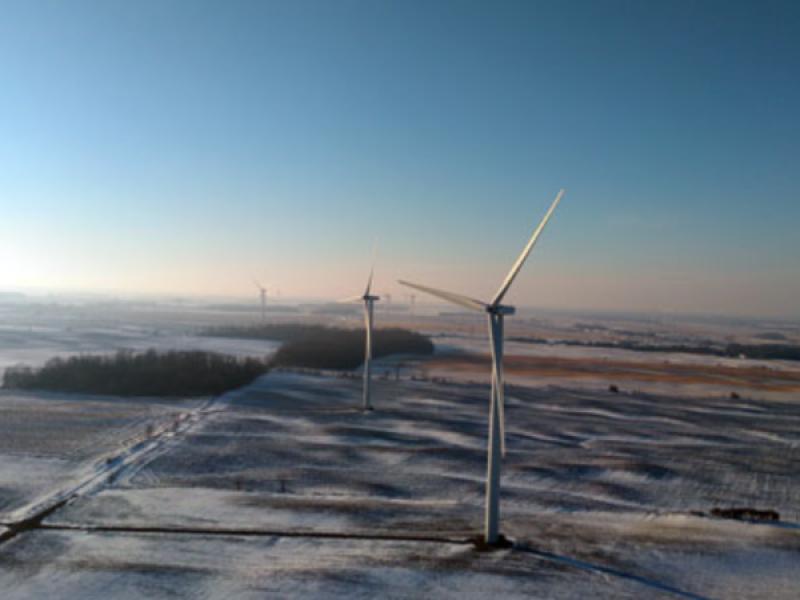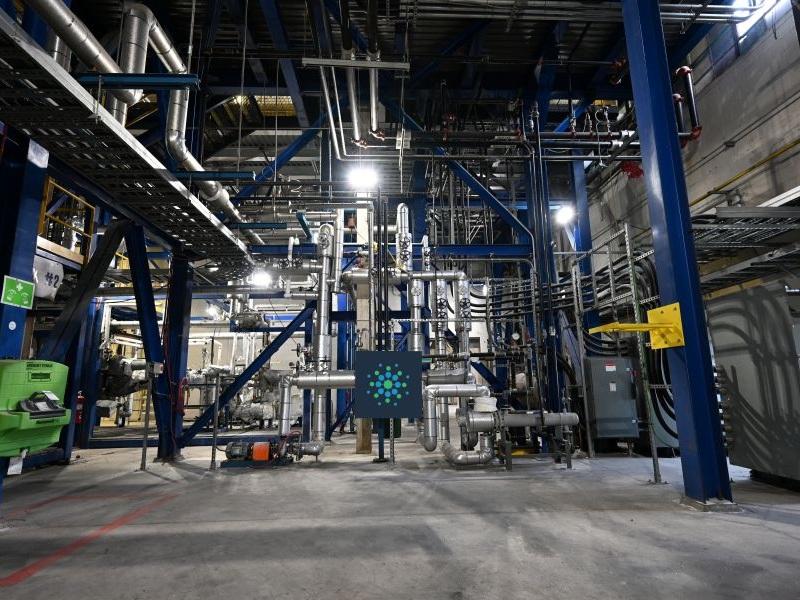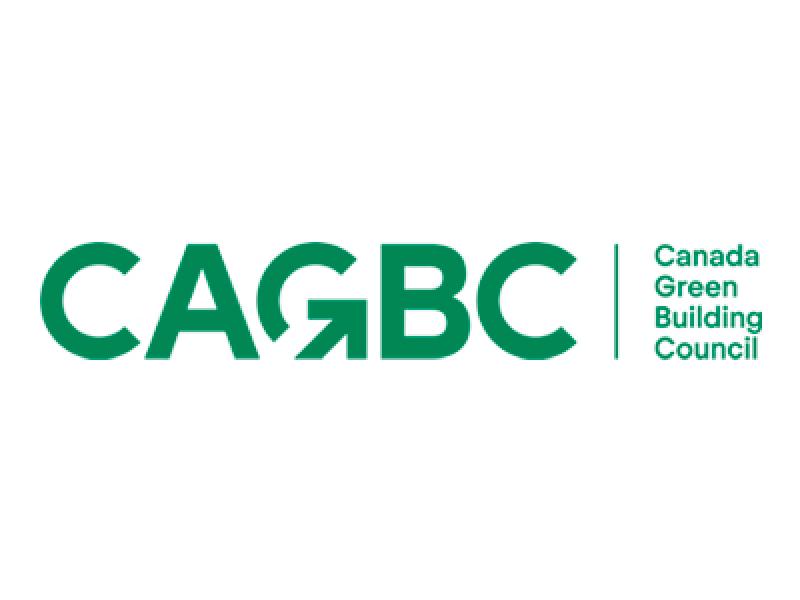
Two of the world's leading organizations involved in promoting social sustainability have joined forces to accelerate the transition toward a healthier built environment.
GRESB, which provides ESG benchmark data on real estate assets to over 170 institutional investors and 2,000 fund managers, companies, and asset operators, is forming a strategic partnership with the International WELL Building Institute (IWBI). The institute is responsible for the WELL Standard, which helps drive investment toward healthy buildings, organizations and communities.
The partnership will allow for sharpened focus on the increasingly vital social sustainability metric, the "S" component of the ESG landscape which the UN Global Compact loosely defines as the process of identifying and managing business impacts, both positive and negative, on human beings.
GRESB and IWBI decided to pool their parallel benchmarking capabilities by providing an enhanced package of performance measurements, indicators and discussion platforms aimed at promoting further deployment of social sustainability initiatives.
Goals of the partnership
The collaboration seeks to hasten the process by which institutional investors, fund managers and corporations are responding to heightened public expectations and more stringent government sustainability standards.
Serving as a parallel benchmarking operation to GRESB, the WELL Building Standard is used in over 125 countries and has been adopted by over 25 per cent of Fortune 500 companies covering 4.9 billion square feet of real estate.
"Through the rapid global adoption of the WELL Building Standard, the world's leading standard focused on advancing people's health and well-being, IWBI is at the vanguard of helping organizations around the world deliver on strategies to strengthen social sustainability," Chris Pyke, GRESB's chief innovation officer, said in a Dec. 19, 2023 press release.
"Our new partnership will allow us to create new tools to help investors understand and advance the social sustainability of real asset companies and funds around the world."
The two organizations expect that by combining forces they can better challenge pension funds, institutional investors and the commercial real estate sector to prioritize social sustainability and thereby help them to more effectively "navigate the complexities" of investment in that sector.
"With unprecedented speed, GRESB has positioned its pioneering ESG benchmark for real estate and infrastructure as the premier go-to framework, gaining universal recognition by investors and extending its influence to nearly all corners of the globe," Rachel Hodgdon, president and CEO of IWBI, said.
"Through this strategic partnership with GRESB, we are seizing the moment to accelerate progress in social sustainability, creating new tools to help investors and managers deliver positive impacts for people and communities."
Key elements of the collaboration
According to the terms of the IWBI-GRESB partnership, the two organizations are committed to the following four strategic undertakings:
- Develop resources to help investors, companies and asset operators incorporate social performance into the investment engagement process;
- co-create a social sustainability dashboard with performance indicators utilizing data from the GRESB Real Estate Assessment;
- convene stakeholders to explore best practices and reporting structures that support social components and interventions that address social sustainability; and
- provide other supporting materials to help investors use information from GRESB and IWBI social sustainability reports and tools.
The nexus between ESG, investors' concerns and corporate uptake

Pyke is anxious to take up the challenge of enhancing the circular, self-reinforcing mechanism by which improved IWBI-GRESB metrics and information will ultimately produce a healthier built environment.
The companies' four-step program will allow fund managers to not only better target their investments, but also apply positive pressure on the real estate sector to maintain its momentum in improving social sustainability, he believes.
"What we know is that companies vary a lot in terms of their social sustainability. We want to help the investor get information on that variation and use it as part of their selection criteria and improve their investment choices over time, just like they do with respect to carbon emissions. That's not the case today," Pyke said in an interview with Sustainable Biz Canada.
Accordingly, GRESB and IWBI have committed to improving reporting on social sustainability in order to make fund managers more aware of its importance as a component of their sustainable investing policy.
"It all starts with transparency, and that transparency turns into competitive differentiation which in turn feeds a virtuous cycle. We have seen that for 10-plus years in the main environmental and governance aspects of GRESB. We would like to accelerate that process on the S dimension of ESG," Pyke added.
From university research group to major global outfit
Founded in 2009 as a spinoff unit of Maastricht University in the Netherlands, GRESB was originally conceived as an academic research project that grew out of demand from major Northern European pension funds such as APG, USS, and PGGM for a standardized way of assessing the sustainability of their indirect real estate investments. These investments primarily involved shareholding stakes in companies, REITs and similar private investment vehicles.
GRESB standards are the product of the non-profit GRESB foundation that is managed by an affiliated organization composed of 100 elected volunteers. These volunteers are drawn from both environmental groups, industry and institutional investors who then vote in a transparent way on what goes into the GRESB ESG standards. These standards serve as the basis for corporate reporting and subsequent objective scoring of companies' sustainability performance.
Having obtained his Ph.D in Environmental Science from the University of California at Santa Barbara in 2002, Pyke has long been a fierce proponent of sustainable development.
Previously head of the research division of the U.S. Green Building Council, Pyke has helped transform GRESB from a small group of professors working out of a cramped two bedroom flat in Amsterdam into a thriving worldwide organization comprising over 100 employees based out of both Amsterdam and Washington, D.C.
"When I first started working at GRESB, the dining room table was the conference room and the programmer was sleeping in the bedroom, which is typical of startups. Between 2015 and 2017 we slowly scaled up the company, stabilized it and turned it into a real company. Since then GRESB has developed into a worldwide operation," Pyke, who is based in the company's Washington D.C. office, said.
"Our growth has largely come as a result of our niche focus on companies and funds. Rather than serve as general purpose ESG sector concern, we focus on real estate assets and infrastructure. That's who we are."
Evolution of GRESB's social sustainability framework
Over the past seven years, GRESB has broadened its ESG framework to measure the extent to which companies were undertaking programs aimed at improving health and well-being among their employees. Further, GRESB has sought to evaluate progress across the value chain as a whole.
"We were early developers in that field and since then we have broadened our efforts to evaluate health and well-being in the corporate sector – which people in the SASB IFRS sector would describe as human capital – and grouped them under the general label of social sustainability," Pyke said.
He is aware of the difficulty of quantifying social metrics and likens GRESB's social sustainability metric to the ISO 14001 environmental performance standard.
"What we're trying to assess is whether management is taking explicit actions to address social challenges and then whether these companies are invested in measuring the outcomes of its (social sustainability) policies . . .
"One nugget we've seen from our recent findings is that we've seen the evolution of a learning curve, a maturity curve among hundreds of corporations where management is taking action internally and translating that into products."
GRESB views social sustainability as a four-stage process
Pyke understands the importance of measuring the process of social sustainability initiatives as much as actual results.
"When you're considering the impact on human beings, whether it's a social system or a health impact, there's a long lag time between the action and the result. That's one of the conclusions that we've drawn from examining the public health community – it means thinking about a range of timescales."
Thus, he said, it is incumbent upon corporations and property managers to view social sustainability progress as an integrated, comprehensive process.
"This activity consists of four stages. One, do you have the foundational plans, policies, and management procedures to understand and lead on social issues? Two, do you understand social needs? Three, have you taken an explicit quantitative approach to understanding those sustainability concerns? And four, are you taking explicit actions to address those social challenges and are you then actively measuring those outcomes?
"That's the critical difference between measuring how well corporations are performing in terms of lowering carbon emissions and improving their energy efficiency, and evaluating social sustainability progress – it's important to manage that entire process."










